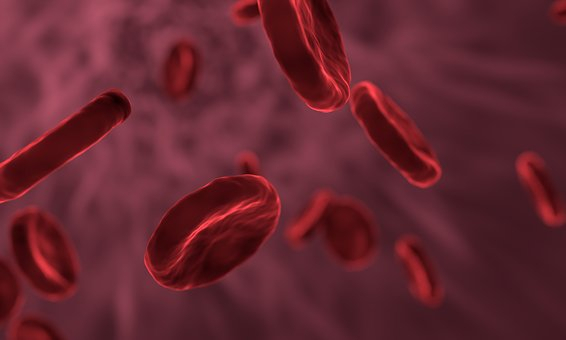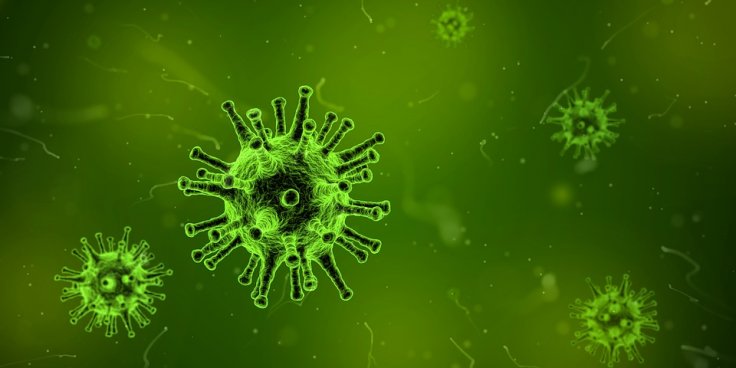
Due to changing diets and lifestyles, there has been a significant drop in the bacteria involved in digestion. These bacteria interestingly had an origin in Iceman, who was alive 5,300 years ago, and are even surviving in non-westernized populations in different parts of the world.
Why did the poor microbiome get outed from Western countries? The causes might be just complex conditions like allergies, auto-immune and gastro-intestinal diseases and obesity. This intestinal microbiome is a fragile ecosystem composed of microorganisms and bacteria in billions. They are supportive of the human immune system, protecting humans from viruses and pathogens, enabling the absorption of nutrients and production of energy.
Still, the bacteria flourished in western ancestors. They have been found in the intestine of Ötzi, the Iceman, who in 1991 was unearthed from the ice of the Ötztal Alps. This is the mountain range on the borders between Italy and borders with Austria.
Scientists of Eurac Research examined a few samples of the bacteria and underlined what the researchers from the University of Trento concluded, after they analyzed the genome of intestinal microorganisms of more than 6,500 persons from five continents.
Earlier, the University of Trento had shown a link between the microbiome's bacterial content and the expansion of obesity, auto-immune and gastro-intestinal diseases, allergies and complex problems in western countries.
The study was published in Cell Host and Microbe. Scientists from Cibio of the University of Trento and Eurac in Bolzano/Bozen showed many differences in the Western and non-Western microbiome that also happens to be prehistoric. Many kinds of bacteria processing complex and vegetal fibers in the intestine seemed to get destroyed by Western lifestyles.

Today, diets are high in fat and low in fibers, along with a more inactive and sedentary lifestyle in cities, novel hygiene habits and use of antibiotics as well as related medical products. Even though they have made people safer, they have affected microbiomes. Researchers studied Prevotella copri, a microbe that is the most represented in intestines and is present in 30% of Westerners.
"First of all, we found out that P. copri it is not a monotypic species but is composed of four distinct but similar clades," explained Nicola Segata, coordinator of the study with Adrian Tett of Cibio of the University of Trento. "The Iceman's guts contained three of the four clades of P. copri. And the four clades were also co-present in fossilized stool samples from Mexico that are more than one thousand years old."
However, he admitted that it is still not known what are the biomedical results of these changes of the microbiome, which has evolved a lot in the recent years. The human body it colonizes still remains genetically unchanged over the millennia.









